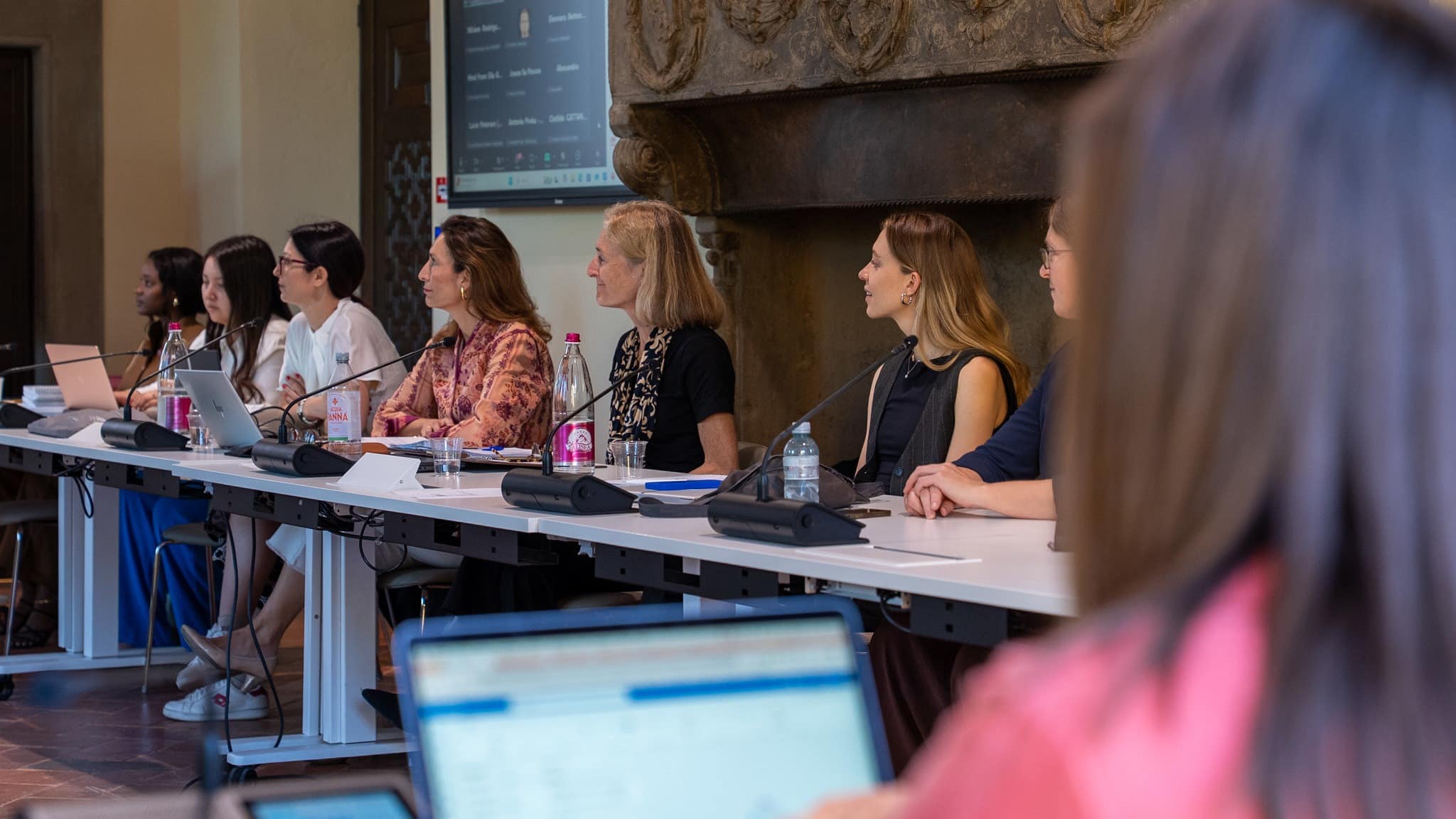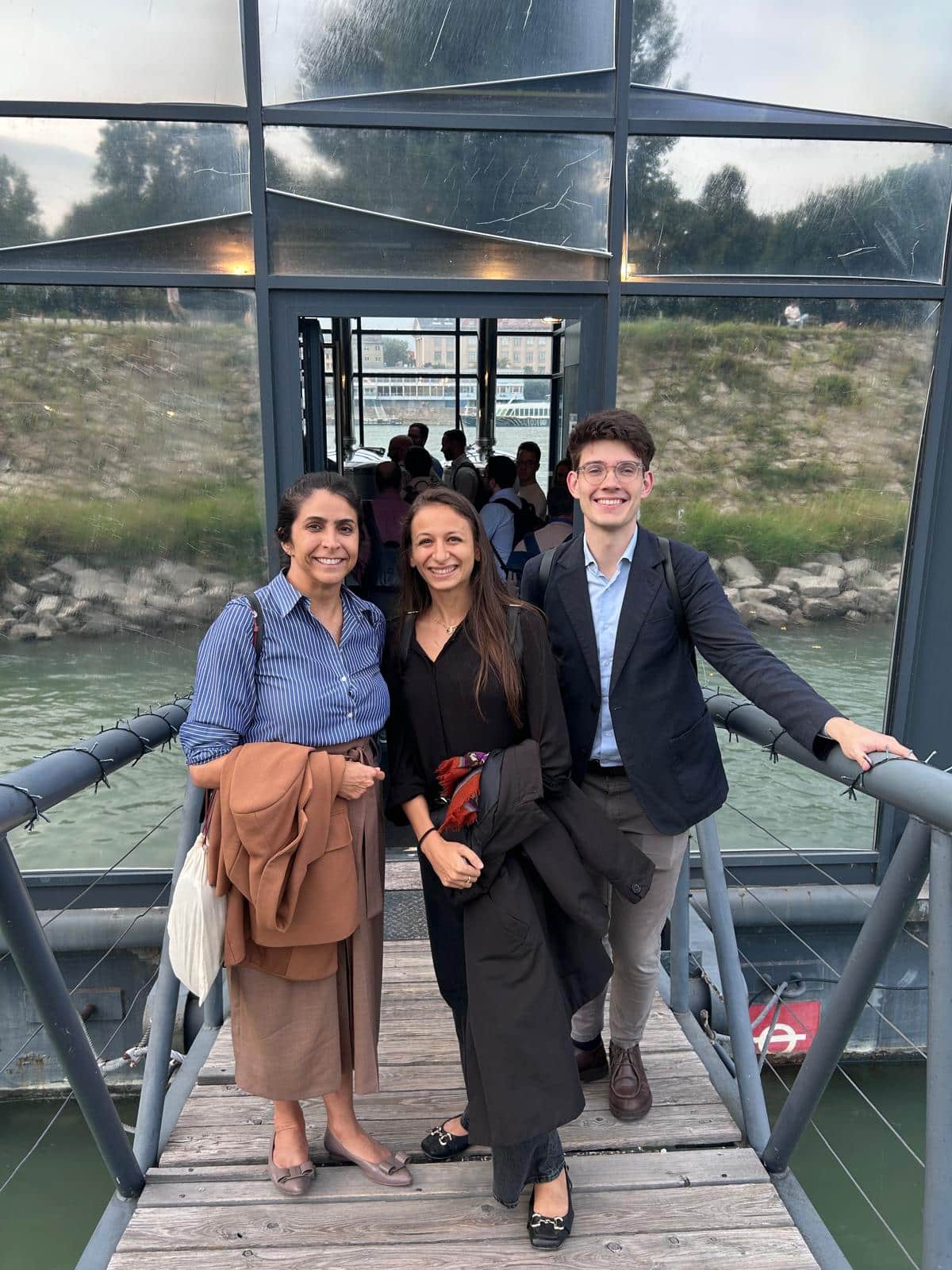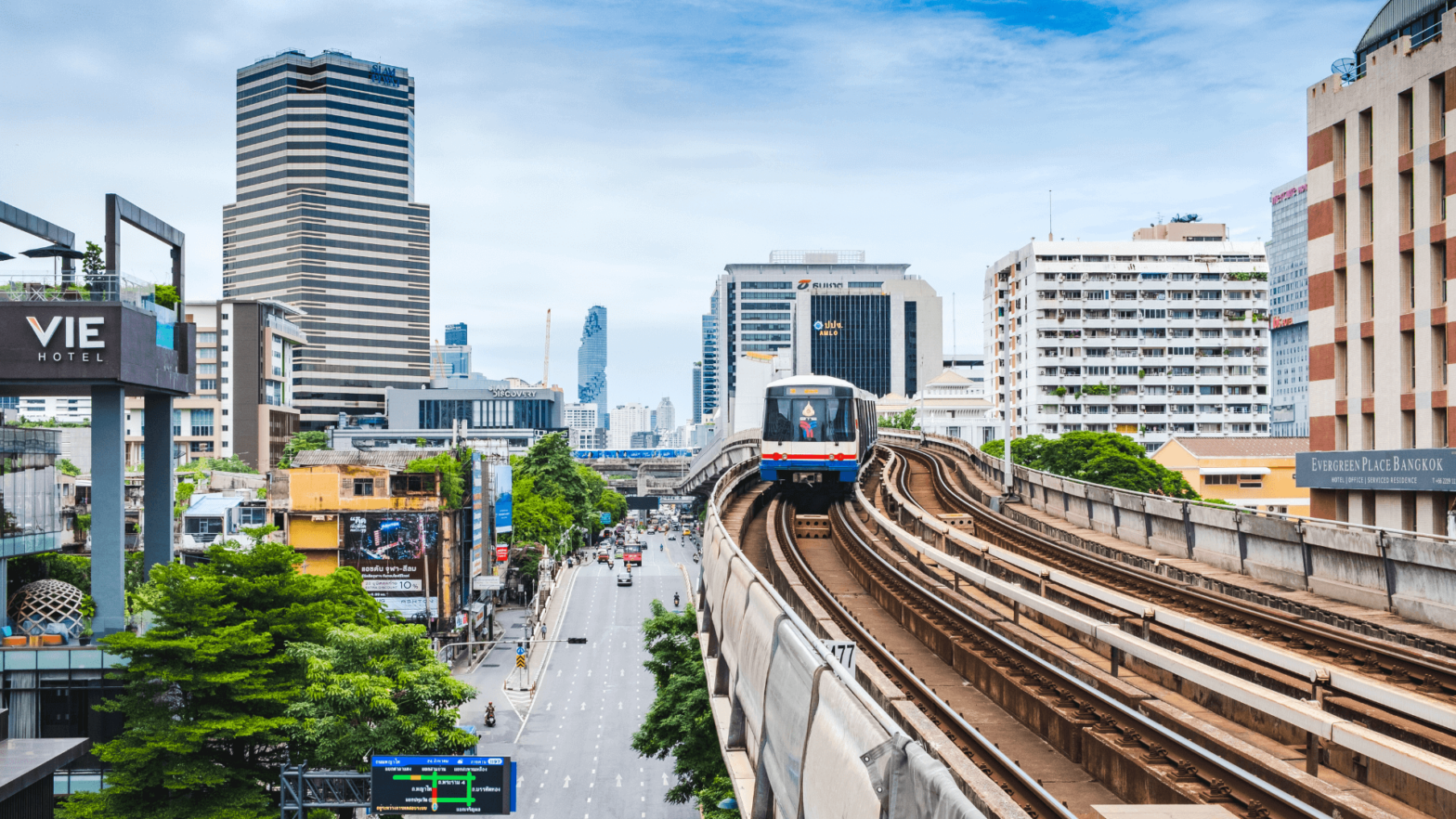Moving forward together: What’s next for EU Mobility and Transport?
This is the third instalment of the Topic of the Month on the EU Green Deal

Over the past five years, the European Commission has been implementing the ‘Sustainable and Smart Mobility Strategy’. This strategy has served as the foundation for the EC’s legislation and policy initiatives addressing the transport sector, and it is consistent with the European Green Deal, which focuses on a sustainable, smart, resilient, digitalised Europe. After five years, we can identify positive progress, shortcomings, and new areas for future focus.
In this third instalment of the Topic of the Month, we propose three areas to consider for the priorities of the next Commission.
This was also discussed at a recent academic conference, “Moving Forward Together: What’s Next for EU Mobility and Transport?”, co-organised by DG MOVE and FSR Transport.
I. Filling the gaps: delivering a deeper, more competitive and better-connected Union
The transport sector is a crucial part of the EU economy and requires innovative policymaking, appropriate incentives and regulatory measures to address upcoming changes such as decarbonisation, digitalisation, and automation. Although there is no Single European Transport Area in Europe yet, it is essential to guarantee equal requirements for all transport modes regarding environmental standards and passenger rights, while acknowledging and addressing the differences between transport sectors.
The resilience of the transport infrastructure is likely to be a key component of future policies as the next Commission will pay closer attention to the geopolitical situation, enlargement, and the necessity of connecting the EU to its neighbours. An adequate infrastructure is essential in establishing connectivity, as exemplified by the Trans-European Transport Network (TEN-T), which is a good foundation for further development. This must be supported by financing instruments such as the Connecting Europe Facility (CEF). The next Commission will propose a new Multiannual Financial Framework, which will be instrumental in funding transport investments. Hence, it is important to align macroeconomic and fiscal agendas as well as competition policies to create a favourable environment for transport investment. Besides, data will play a critical role in achieving this goal and exploring the creation of virtual transportation models.[1] As labour shortages are expected, upskilling may be necessary. A systematic approach to transport would ensure better interconnection and interoperability between different transportation modes.
II. Towards an integrated transport system
For the next Commission, the focus should be decarbonising each mode of transport individually rather than solely shifting volume from one mode of transport to another. This requires a collective effort to explore and implement alternative sustainable solutions. However, several points need to be considered to improve the efficiency and sustainability of the European transport system:
- A comprehensive analysis of the actual capacity of the European transport infrastructure, supported by accurate data, is essential.
- Further in-depth analysis of the resilience and preparedness of European electricity grids is necessary to support the electrification of the transport system. This is particularly pertinent for heavy-duty vehicles, such as trucks, requiring significant power.
- It is imperative to develop a cohesive policy that links transport and tourism, promoting sustainable modes of travel for tourists.
- A thorough appraisal is required to determine the role of automation in the public transport sector, including metro, rail and buses.
A plethora of relevant initiatives and policy measures is also in place. For instance, the EU cycling declaration, the new urban mobility policy framework, and the new urban nodes in the TEN-T revision. By acknowledging them, stakeholders across the transportation sector can ensure the safety and well-being of all road users.
III. Towards a wider Europe: revisiting our transport agenda in a changed geopolitical context
The EU is among the world-leaders in global trade. While the Sustainable and Smart Mobility Strategy mainly focuses on the internal market, transport policy must be global. Due to external shocks such as COVID-19, the EU has been experiencing various crises, which will persist in the future. These elements together show a need for reconsidering the EU approach to enlargement. Previous instances of enlargement were related to investments once new Member States became part of the internal market. Now, investments will need to prepare EU Member States for critical situations and build resilience across all sectors. The progress made in areas such as TEN-T extension, transport investments, and road liberalisation agreements suggests that the EU is already working towards this direction. However, a lack of infrastructure links and interoperability problems continue to hinder the EU’s transport system. In the next Commission’s mandate, it is crucial to acknowledge the global interdependencies, avoid one-sided dependencies and seek equal partnerships. It is important for the EU to showcase its transport policies through initiatives like the Global Gateway and transport diplomacy. By following this approach, we’ll have a robust European transport policy as a foreign policy.
Conclusion
The EU transport sector is undergoing significant changes, including decarbonisation, digitalisation, and automation. Key points to consider include analysing infrastructure capacity, the resilience of the infrastructure, electricity grid preparedness, and developing cohesive policies for sustainable tourism. Finally, the next Commission should reconsider its approach to enlargement by investing in resilience across all sectors for existing and future member states.
[1] A virtual transport model is a digital replica of the real-world transport system that considers people’s travel decisions, their movements, and the transport network capacities.
Don’t miss any update on this topic
Sign up for free and access the latest publications and insights













